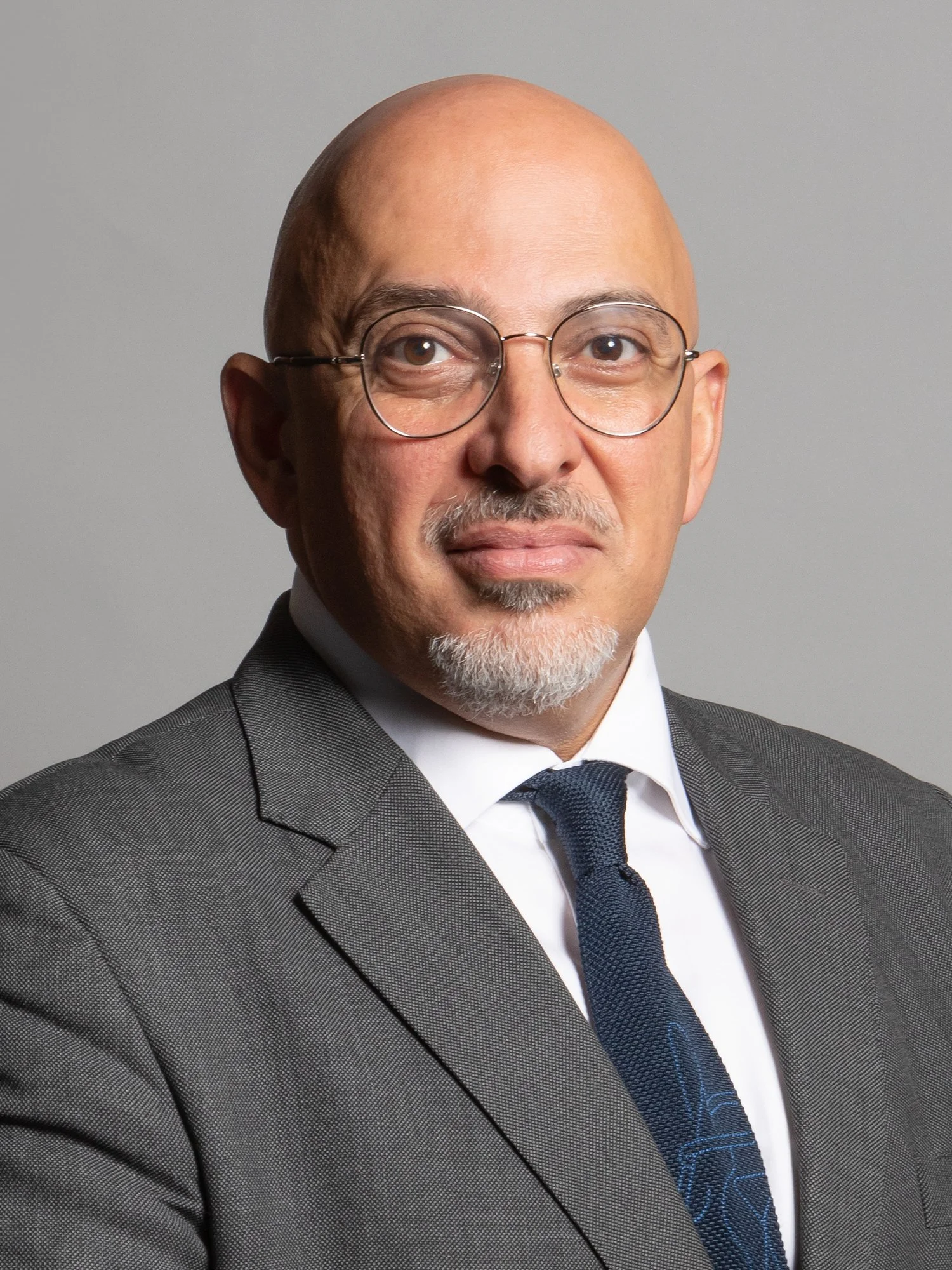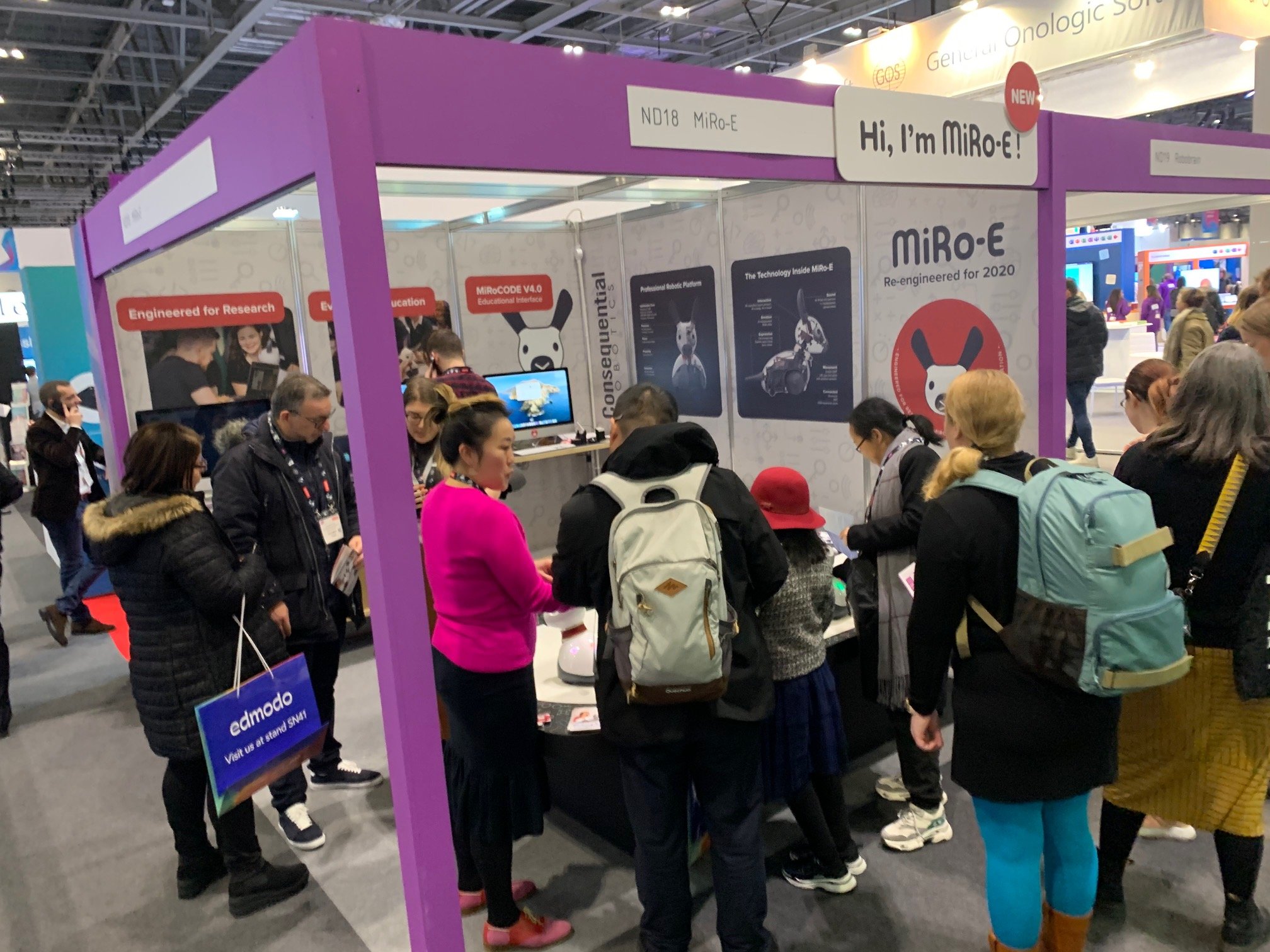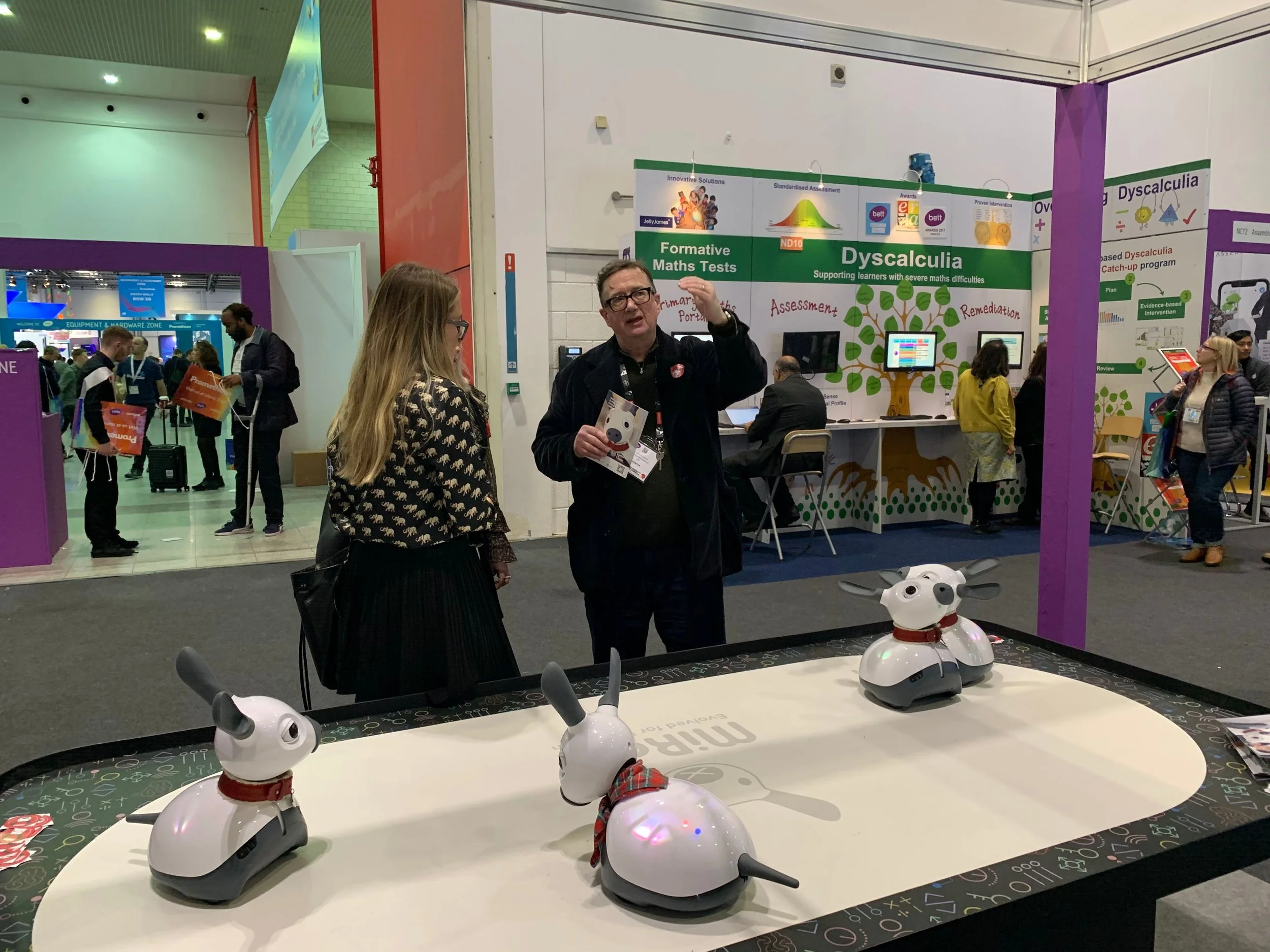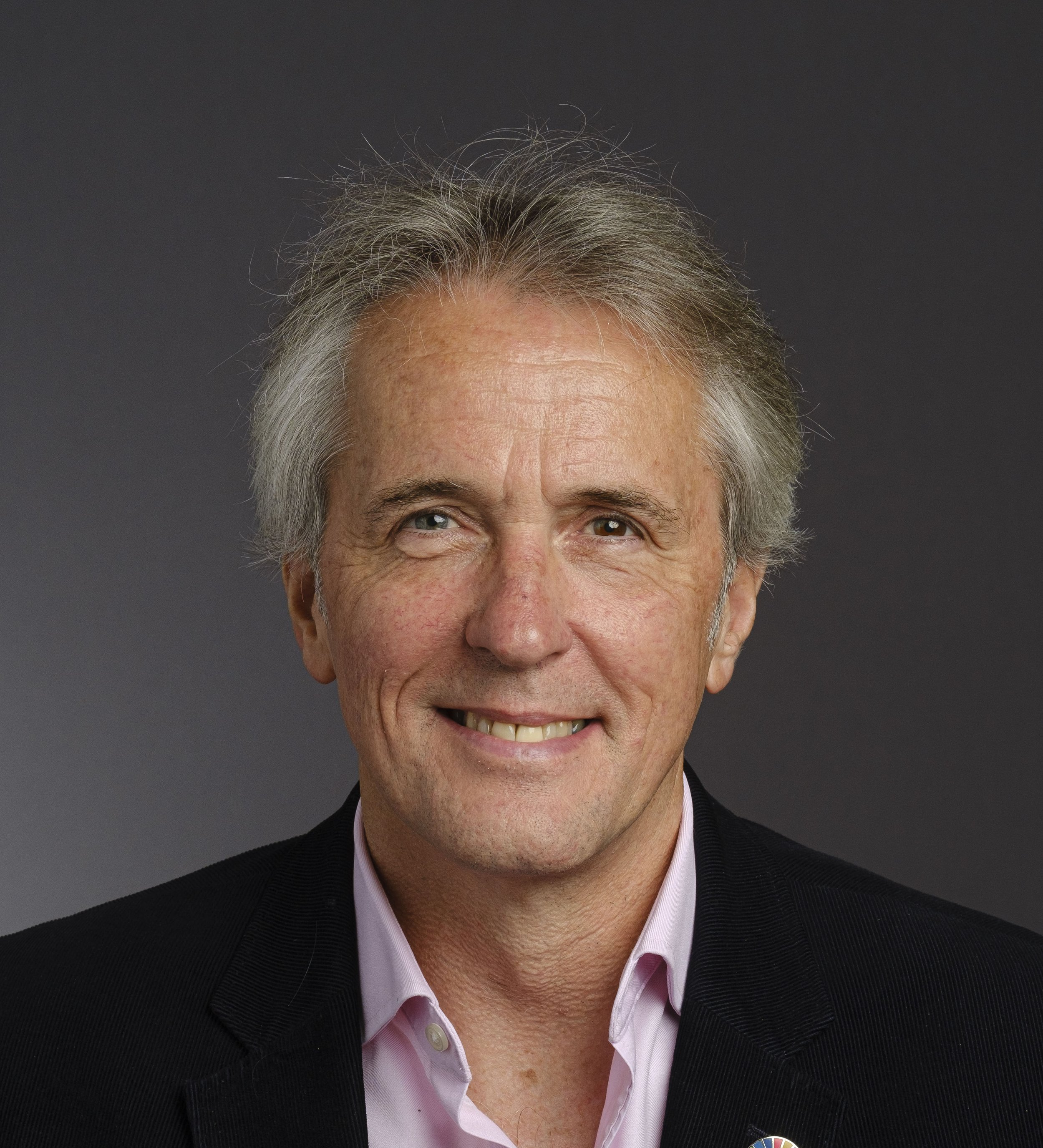In January 2022, we were particularly excited to hear a discussion on BBC Radio 4’s flagship Today programme between UK Education Secretary Nadhim Zahawi and Chief Digital Officer at Microsoft Jackie Wright. Here is what they said and why it piqued our interest!
Nadhim Zahawi, Education Secretary. Photo credit: Wikipedia
“I want to see more young people being exposed to the power of computing, the doors are opened, its in every sector of the economy. It benefits you in almost anything you want to do in life.”
Jackie: "Technology is fundamental in every role now. Is it a priority for the education secretary for England, Nadhim Zahawi?"
Nadhim: "It’s absolutely important that children learn not just the basics … what they need to be much more comfortable with is PROGRAMMING."
Jackie: "Is it worrying that so few young people are studying computing (in England) as the economy and workplaces become more digital?"
Nadhim: "Yes, is the straightforward answer. I want to see more young people being exposed to the power of computing, the doors are opened, its in every sector of the economy. It benefits you in almost anything you want to do in life."
The restless spirit of technological innovation
The Education Secretary continues this theme in his speech at the world’s leading education show BETT 2022 at London’s EXCEL on March 23. His comments include:
Photo by ThisisEngineering RAEng on Unsplash
“I want to see an environment where it is easy for tried and trusted digital products to be taken up by our teachers, as part of their teaching toolkit, and used by families at home too.”
“I want to create an ecosystem where good tools can spread quickly across and between families of schools and colleges.”
“Every school has to have a decent broadband connection and we are going to upgrade networks as a priority … by 2025.”
“The way forward has to be for schools and families of schools to start using data from cloud-based systems that are linked together.”
“Between 2013 and 2019, computer science was one of the fastest growing GCSE subjects. Entries are roughly 19 times higher in 2021 than they were in 2013.”
An exciting future ahead for all players in the education sector
We at Consequential Robotics have been extremely encouraged to learn about the UK Government’s own assessment and priorities for the needs of schools and families. This aligns with our developments during the pandemic as we continued to refine and improve our MiRoCLOUD programming offering. To hear that the government is committed to providing schools with the necessary broadband infrastructure is music to our ears!
We won the children’s award for Best Stand at BETT!
We look forward to supporting the government objectives, and the ecosystem of teachers and facilitators that will be adopting and providing digital tools within schools, colleges or universities. Consequential Robotics already have an established user base of universities and we started to help schools teach creative coding by exhibiting at BETT 2020 with the third generation MiRo-E robot and the browser-based MiRoCLOUD offering. We even won the children’s award for Best Stand!
Making programming more appealing and accessible
Our continuous goal is to make programming more appealing and accessible which will encourage imaginative students to explore and develop coding skills. Intuitive and easy-to-use, MiRoCLOUD allows pupils and students to creatively code from any browser at school or remotely. Pupils can download and run their code on the actual robot to gain that overwhelming sense of satisfaction from creating behaviours and interactions in a physical environment. Teachers and pupils can access a range of coding ideas and examples and teaching ideas that are available for free online.
Whilst walking the floor at BETT 2022 this year, I was struck by the energy and enthusiasm of the edtech community. 22,600 people attended over the course of the three days with 30 percent of the audience educator leaders, one of the highest representations of leaders ever. There were several new offerings since the last physical event of 2 years ago, and several no longer in attendance. Edtech has re-emerged and evolved from the challenges of the pandemic. Based on the government and the education ecosystem’s determination to improve technology infrastructure and how programming can be taught at schools and at home, we are excited for what’s in store for the bright young coding experts of the future!
POST AUTHOR
David Lane CBE FREng FRSE
Executive Chair, Consequential Robotics
Professor Emeritus,
Co-Founder Edinburgh Centre for Robotics, National ROBOTARIUM, Heriot-Watt University, University of Edinburgh, Scotland, UK






